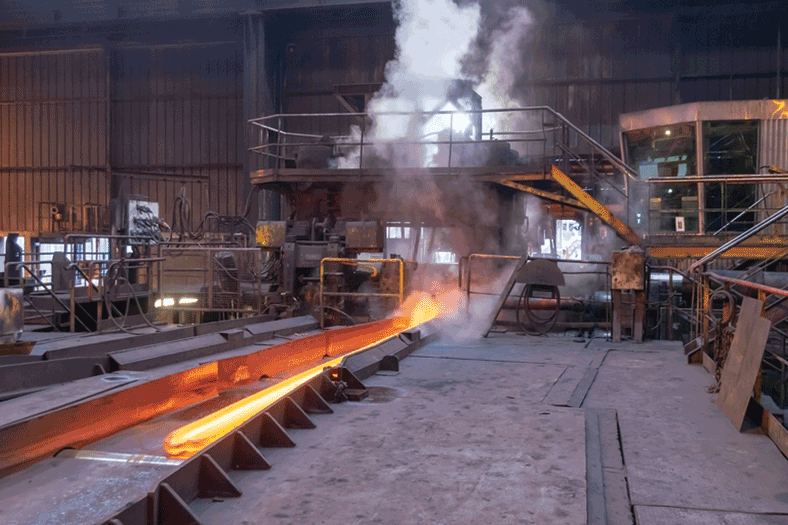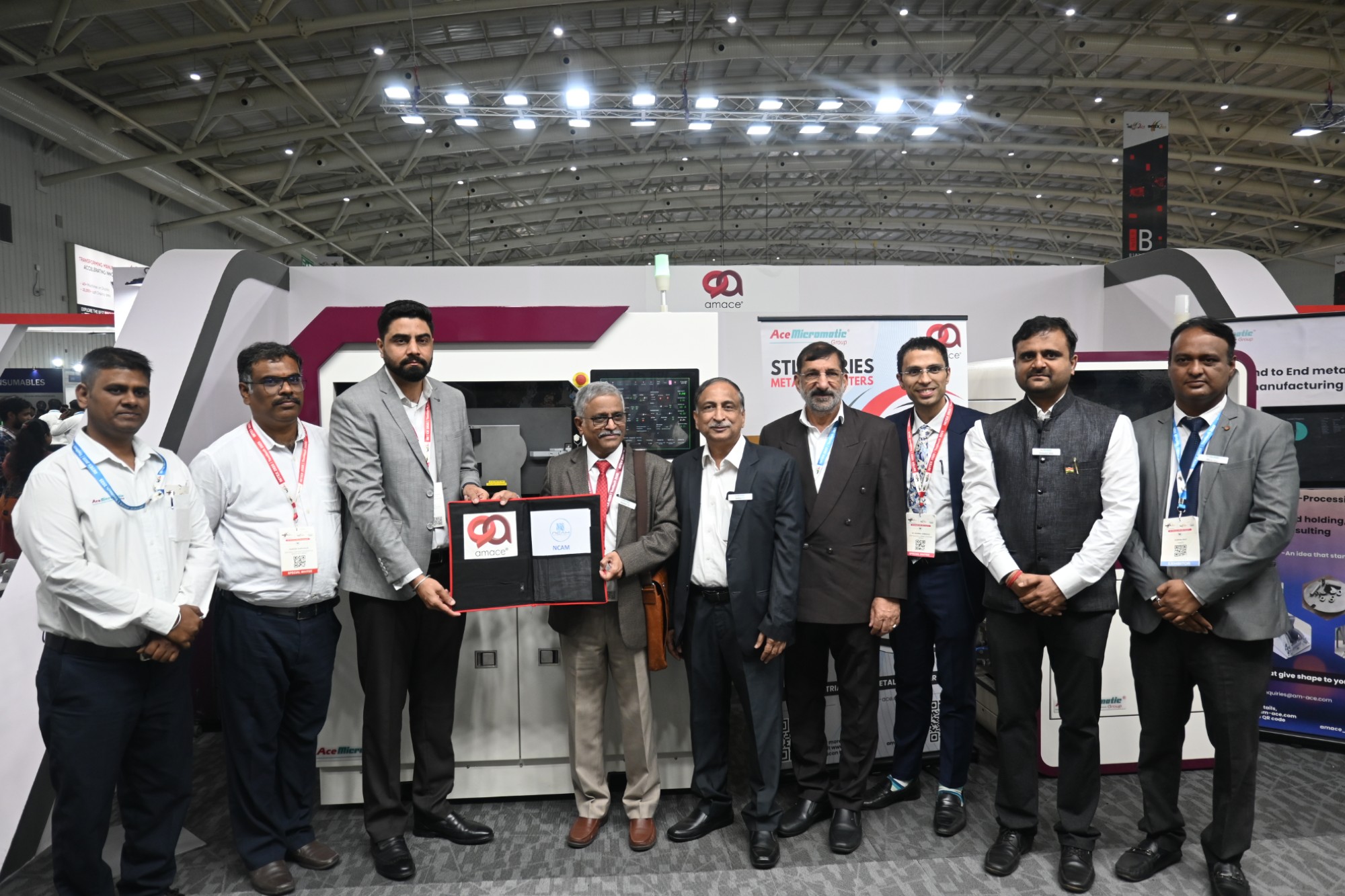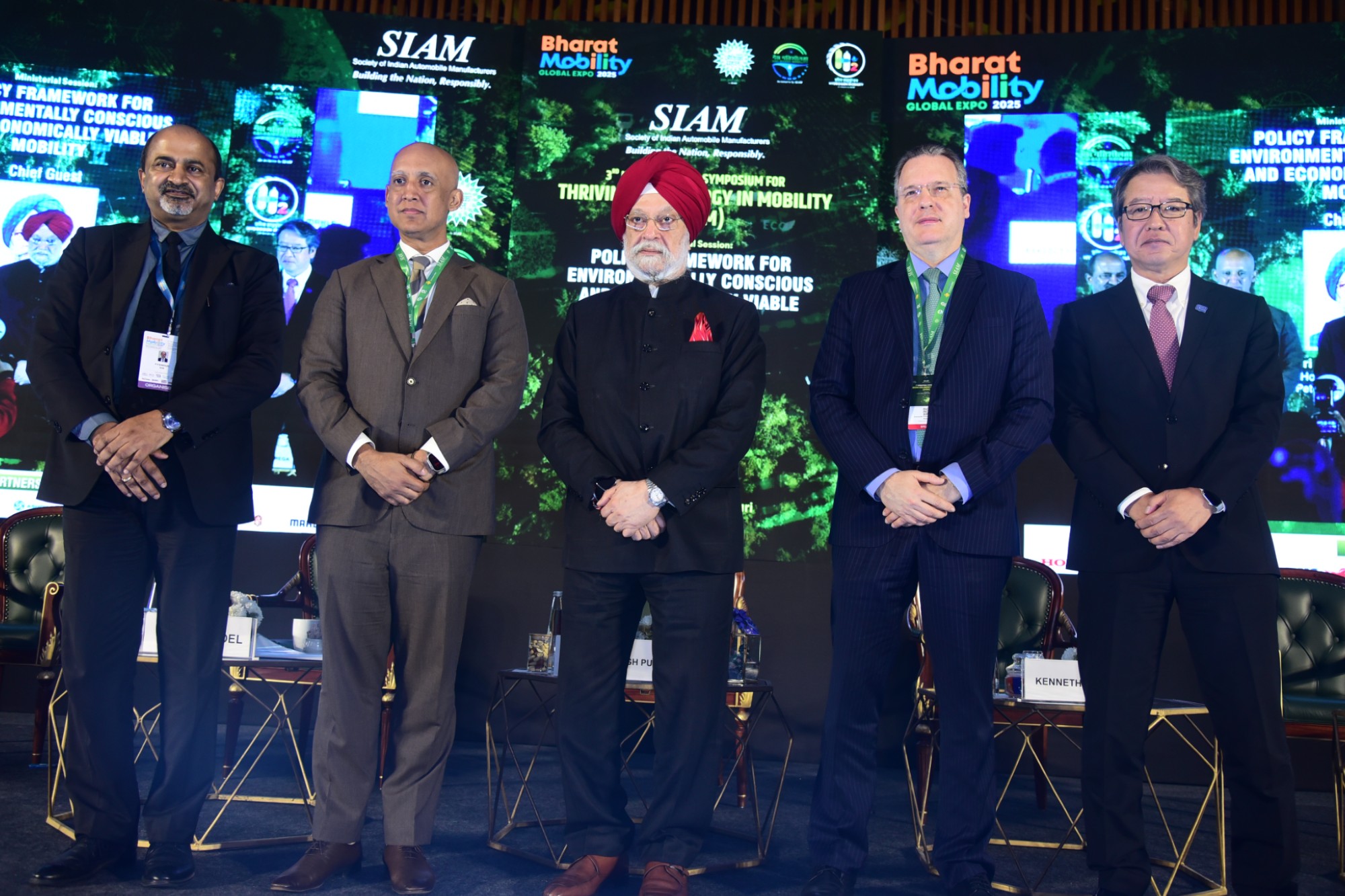Indian Steel Industry in the post-COVID-19 World
By OEM Update Editorial May 22, 2020 4:01 pm IST
The COVID-19 has disrupted operations globally is well-known. Moreover, the new normal that will emerge is likely to witness a realignment of power centres in different domains. The coronavirus crisis has impacted almost all supply chains dependent on China, which includes the steel sector.
Given the closure of operations in most industries, the nation’s steel demand in FY2020-21 is slated to fall by about 15percent. This will lead to oversupply, suppressed prices and rising inventories once the lockdown is lifted, as per an India Ratings report. These inventories will mainly comprise intermediate or semi-steel items used by downstream players whose units are currently closed because of the lockdown. As a result, a vicious cycle will be created – where prices will remain depressed until there is a major uptick in demand or a sizeable inventory volume is offloaded.
Grave Concerns
Even after the lockdown is lifted, most likely in phases, the steel sector will continue confronting sustained challenges on account of the labour shortage and hampered logistics movement. The nationwide lockdown is an unprecedented test for every sector, including steel.
In the past few days, hordes of migrant workers have been returning to their hometowns. After the harrowing time they faced for weeks during the lockdown, most are unlikely to return soon. As companies seek to ramp up production for making up lost time, shortfalls in human resources will hinder such goals. But this represents one of the myriad challenges only. With the monsoons around the corner, it will impede the industry’s faster return to normalcy.
The biggest barrier, however, is the collapse of demand from various industries. As most consumers have postponed discretionary spending, there is muted demand in all industries, barring essentials such as groceries and FMCGs. Be it white goods, capital goods, automobiles and a host of others, the demand from consumers has plummeted.
Investments and Allied MeasuresA FICCI report recommends this could be achieved by the front-loading of investments in the National Infrastructure Pipeline. The report also recommends that construction activities be allowed to resume, taking all precautionary measures adhering to Central directives to contain COVID-19. As construction activities are one of the prime demand drivers for steel, this measure is crucial. In turn, other steel-consuming sectors should be placed on the fast track for resuming operations.
Additionally, the FICCI report suggests that new applications for steel items can be identified to boost usage. It notes that steel has an advantage over other materials vis-à-vis the LCA (Life Cycle Analysis). Therefore, LCA can be part of the procurement norms in tenders issued by state governments and public sector companies. Besides, preference should be accorded to steel items manufactured domestically. FICCI also recommends the entire steel supply chain – integrated steel producers to secondary steel makers, among others – be recognised as essential services. Such a classification will permit the sector to operate subject to mandatory precautionary norms.
Since many steel producers are MSMEs, the current moratorium on term loans can be extended by another three months without penal interest. Such measures will help the sector survive today’s harsh conditions. In sync with this, the Centre could consider offering relief on some levies imposed on steel-making raw materials.
These steps are imperative since India’s steel demand is expected to drop by 7.7 percent this year, according to the Indian Steel Association’s forecast. For example, the automotive industry was one of the largest steel users. In April 2020, however, Indian automobile manufacturers did not sell a single car because of the lockdown – an unimaginable scenario before the sudden outbreak of the coronavirus. When automakers resume production, reports indicate they will ask steel mills to lower prices for the coming quarters between October and next March.
Cookie Consent
We use cookies to personalize your experience. By continuing to visit this website you agree to our Terms & Conditions, Privacy Policy and Cookie Policy.
















